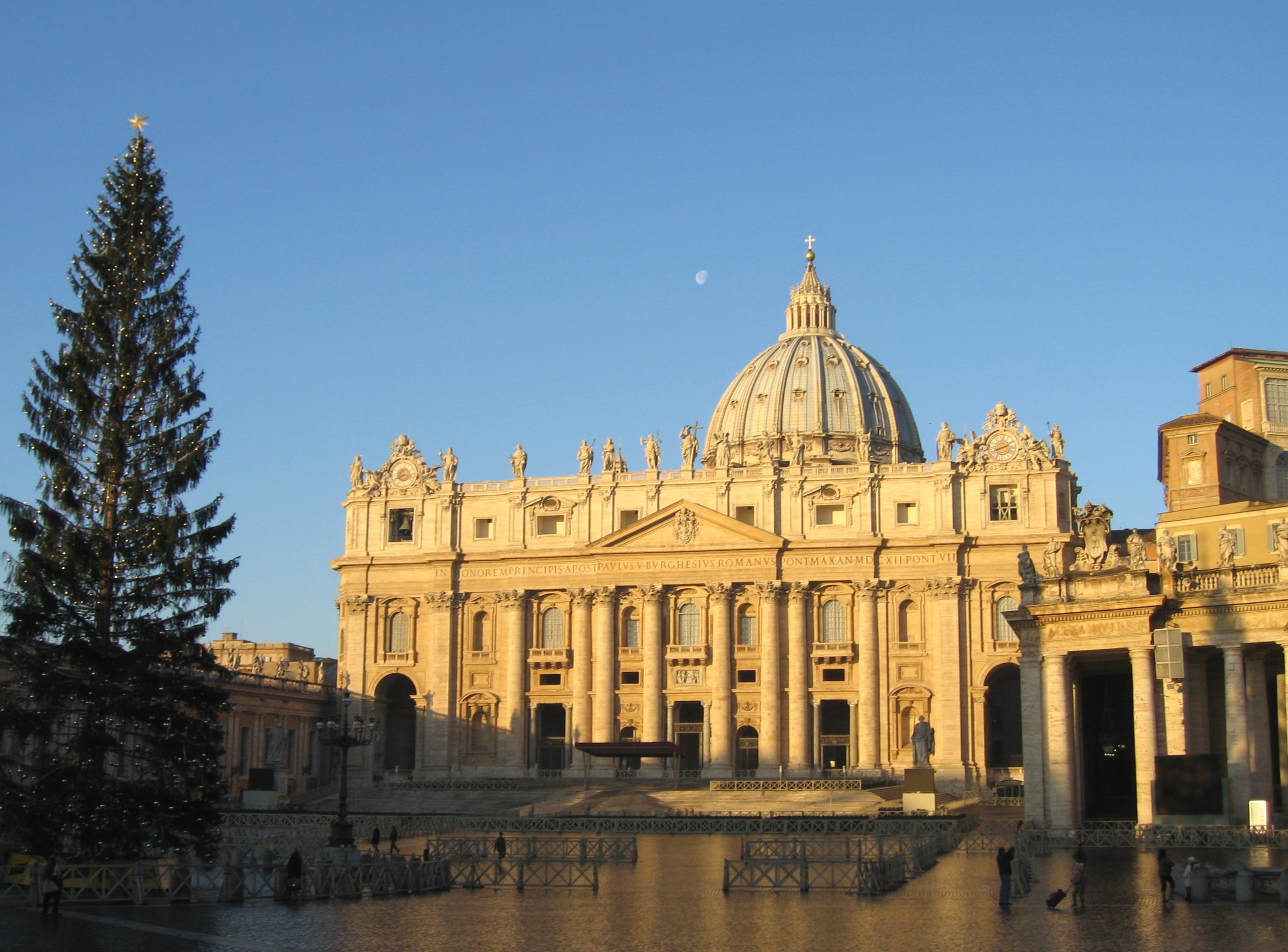-
•
•
We often assume in our perception of trials and challenges that the trials aren’t our fault, that these challenges are something that happens to us instead of something that happens as a result of our choices. While it is certainly true that some trials—natural disasters for example—are not by our choice, others are at least the consequence of our own choices. And, in some cases, we actually choose to undertake things that we know will be difficult. Does that mean that they are not still trials? Doctrine and Covenants Gospel Doctrine lesson 27 illustrates this. The Church members during the… Read More
-
•
•
12 responses

Many Mormons in Utah are aware of the fact that a converted Mormon is running for president in Mali. Indeed, Yeah Samake, an important social entrepreneur in Mali, joined the Church in 2000 while studying at the BYU, and indeed he has registered as a candidate for the upcoming presidential elections in 28 July 2013. He is the mayor of Ouélessébougou, a community consisting of a small town and a group of villages in South Mali. Based on his success as mayor, he is running for president, already in 2012, but again in the present elections. Election campaigns cost money… Read More
-
•
•
19 responses
The problem with repenting is that it is not just an intellectual exercise. It’s emotional. To repent, one must feel penitent. But how can you repent when you don’t feel like repenting? Read More
-
•
•
50 responses
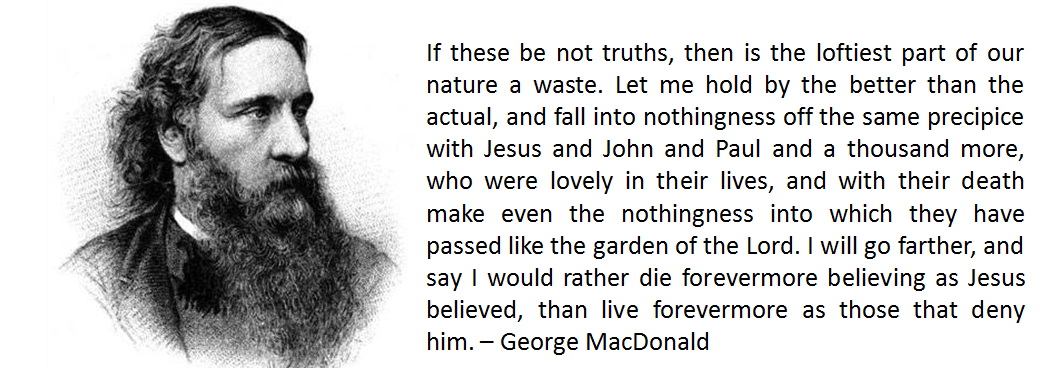
I’ve written about theology before for Times And Seasons, but I haven’t actually done very much theology here or elsewhere in public. I have two reasons for finally taking the plunge. The first is selfish: I don’t think my ideas are going to get any better closeted in my own head. No one who creates really likes criticism, but ultimately its necessary if you want to get any better. The second is perhaps a bit more altruistic. I’ve written that theology is a kind of worship, and I’d like to illustrate what I mean by that. Mormons believe that this mortal… Read More
-
•
•
3 responses
What is the purpose of the Relief Society? While we think we understand its purpose based on what the women’s organization does today, the things that Relief Society does have changed radically since its founding in 1842. And the Lorenzo Snow lesson on the Relief Society shows this change, since his comments reflect a focus on charity and providing for the poor that we don’t hear much today—since that function is now handled by the welfare program. But before the welfare program was developed in the 1930s, the Relief Society WAS the welfare program. It collected and stored foodstuffs for… Read More
-
•
•
Our understanding of missionary work has changed and evolved substantially over Mormon history. Where we know assume that missionaries are young, during the 19th century missionaries were more mature and married. Where the sacrifices of missionaries today are usually parts of life postponed, during the life of Joseph Smith they meant real hardship for families, the missionary begging for food and even danger of physical assault. Still, then, as now, those brought to a knowledge of the gospel were grateful, as was the author of this poem. Read More
-
•
•
7 responses

Yesterday, the Art Institute had a family program tied into its new exhibit, Impressionism, Fashion, and Modernity. The Art Institute’s family programs are inevitably excellent, so we decided to bike down, look at the exhibit, and then let the kids make the related art. The museum’s about 6.5 miles from us on the Lakefront Trail and, even though there and back would be the longest ride my oldest had ever taken, we figured she could make it. So we loaded up, the oldest on her bike, the next on a tagalong behind me and the youngest on a bike seat on my… Read More
-
•
•
What should the priesthood mean to us? How should it influence who we are and how we act? These questions are part of nearly every Mormon lesson on the priesthood these days, and lesson 25 of the Doctrine and Covenants Gospel Doctrine manual is no exception. And I think the following poem fits this basic topic well. Read More
-
•
•
97 responses
God may be no respecter of persons, but everyone else is. We’re not equal, and the roles we fulfill in the church are not equal, so stop saying they are. Read More
-
•
•
58 responses
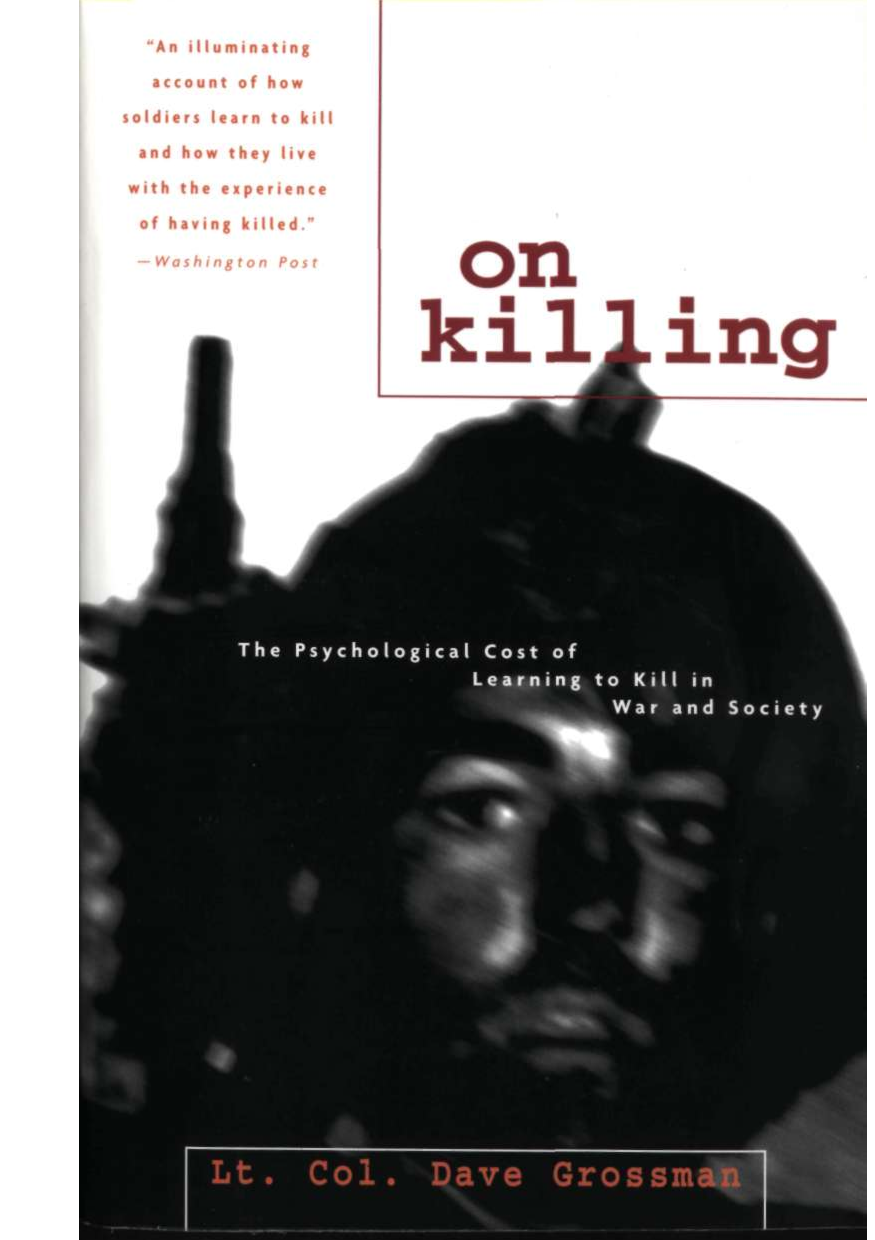
This week I finished reading On Killing: The Psychological Cost of Learning to Kill in War in Society, but I knew I would be writing about the book on Times And Seasons long before I finished it. Despite the seemingly narrow focus of the title, On Killing has broad and sweeping implications for understanding human nature, and it has particular if unexpected relevance to Mormon theology. I must start with the central thesis of the book, however, which is that humans have an incredibly strong inhibition against killing other human beings. The first quantified research in this field came from the… Read More
-
•
•
3 responses
Tonight at midnight, Google Reader will officially turn into a pumpkin. If you’ve been reading Times and Seasons (or any other blogs) with Google Reader, you should set up your transition before the end of the day today (if you haven’t already done so). There are a variety of popular alternatives available, and many of them have import-export features to help facilitate switching. And whatever your preferred method of information consumption, thanks for reading Times and Seasons! Read More
-
•
•
44 responses
Mormons have this fascinating relationship with America and Americanness. On the one hand, we often seem to be among the most American of Americans. Mitt Romney’s problem as a presidential candidate was not that he was weird, but that he was too normal (in a white, 1950s kind of way). To the extent that people thought he seemed alien, it was more because of his money than his religion. American political principles seem to even be more or less written into the Book of Mormon (of course, some similar material is in the Bible, too, including a denunciation of monarchy… Read More
-
•
•
17 responses
One of the rare privileges of being Sunday School President in a Mormon congregation – second only to holding the keys for sounding the bells to end class on the hour – is the occasional opportunity to fill in for the meetinghouse librarian. Read More
-
•
•
83 responses
It looks like the people of California have not been disenfranchised nearly as much as I was concerned about in my post yesterday. They have been disenfranchised at the federal level, but not at the state level. In its decision yesterday, the Supreme Court nullified the ruling of the (federal) Ninth Circuit that Prop 8 is unconstitutional. Many onlookers assumed that meant that the holding of the trial court, from which the Ninth Circuit was hearing an appeal, would be decisive for California law, and since the trial court held Prop 8 unconstitutional, that would mean that Prop 8 was… Read More
-
•
•
12 responses
The good news: There is more room for dialogue between science and Mormonism than between science and other conservative Christian viewpoints. Most Latter-day Saints don’t feel threatened by science. The bad news: Some Latter-day Saints do come to see the relation between science and Mormonism as one of conflict rather than dialogue, and sometimes science wins that debate in their head. Why do some Mormons see science and Mormonism as an either/or choice rather than a helpful partnership? Read More
-
•
•
77 responses
The Supreme Court of the United States of America today informed us that the people are no longer in charge of this country. The Declaration of Independence states that governments derive “their just powers by the consent of the governed.” In the spirit of that principle, 26 states, and many city and local governments, allow citizens to approve legislation directly by popular vote in cases where their legislature does not address their concerns. However, we learned today that if citizens put in place a law that the people in public office don’t happen to like, it can be ignored. The… Read More
-
•
•
The Society for Mormon Philosophy and Theology’s 2013 conference will be held at Utah Valley University, October 31-November 2, with the theme, “The Atonement.” Here is the theme description and submission instructions from the call for papers (PDF). Call for Papers: “The Atonement” The Society for Mormon Philosophy and Theology invites paper proposals on any aspect of Mormon belief, including its philosophical ramifications. We particularly encourage submissions on this year’s theme. “The fundamental principles of our religion,” said Joseph Smith, “are the testimony of the Apostles and Prophets, concerning Jesus Christ, that He died, was buried, and rose again the… Read More
-
•
•
46 responses

The reaction to yesterday’s two-hour Worldwide Leadership Broadcast on missionary work has been mixed. Given the pre-broadcast hype, some viewers were undewhelmed; others were impressed. Our friends at BCC live-blogged the event with reader comments ranging from cynically dismissive to excited and energized. Below I’ll give links to media and LDS coverage, offer my own summary, then add some commentary. Read More
-
•
•
39 responses

Some folks enjoy poking a hornet’s nest, but just writing that title has me quoting Shakespeare in my head: “Once more into the breach, dear friends, once more.” I’m going to go ahead, however, because even though I may be about as welcome in most feminist circles as Feminists for Life (or as my friends at Secular Pro-Life when they showed up at the American Atheist Convention) the reality is that as long as women face staggering rates of sexual assault and systematic discrimination–things I’ve witnessed second hand through friends and family–I will consider myself a feminist. So tough luck all… Read More
-
•
•
13 responses
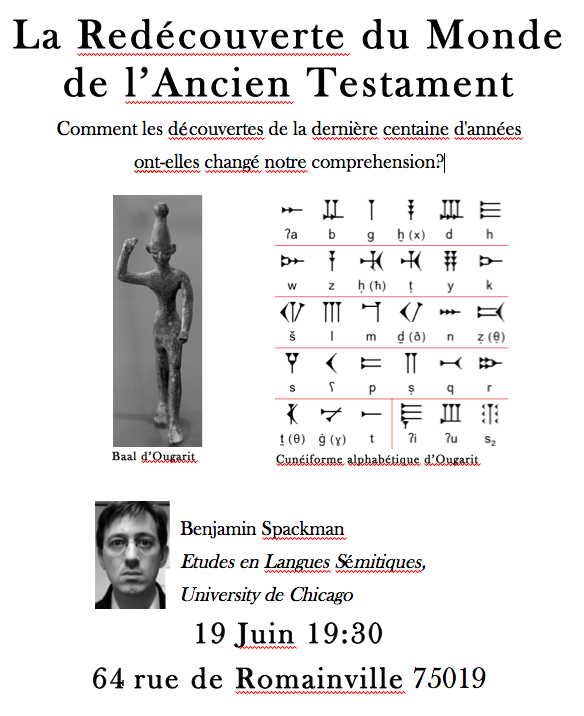
As noted a few weeks ago, I gave my first of three lectures last night, on the Rediscovery of the World of the Old Testament. It was open to the public, and although several groups of an inter-religious nature were invited (apparently the local ward has had some contacts and activities with them before), I think most of the 30-odd in attendance were LDS. I prepared about 35 slides, with a projecteur, divided into three parts. 1) Why “Rediscovery”? In short, the full “World of the Old Testament” was lost. We had nothing but the Bible. It was akin to having a… Read More
-
•
•
25 responses
No. Thank you, I will not commit to doing that. No. That makes me uncomfortable. No. I wouldn’t have time to do that well and still meet my other obligations in a satisfactory manner. No. I don’t have the skills necessary to do that job. No. I’m pretty sure I’m just not going to do that, so you’d be better off asking someone else. We, sweet, eager to please, eager to accept authority people that we are, we need to learn to say “no.” If it helps, we can explain why we are saying no, so long as… Read More
-
•
•
31 responses
Twenty years ago, I held up one half of the largest sign at a student protest in response to the non-renewals of two BYU professors. Read More
-
•
•
69 responses

I’m going to wander a little farther from familiar territory in this post. I hope you’ll willingly entertain some speculation and tentative analysis about the institutional nature of the Church in a changing society and indulge my focus primarily on American culture. I’m interested to see what others make of these ideas. First, only institutions that develop successful methods for continuously bringing in new members can survive over the long term. Since the Church has survived and thrived in the centuries since its founding, it stands to reason that the Church must have developed reasonably effective recruitment practices. Of course… Read More
-
•
•
2 responses
I frequently hear claims that many church members are leaving the Church, that those who have been raised in the Church, or who have converted have become disillusioned. For a variety of reasons members do leave the Church, and it may be that they are leaving faster now than they did 50 years ago; although we don’t have the data to say for sure. It is clear that this has happened throughout the history of the Church, sometimes in greater numbers than in other times. D&C gospel doctrine lesson #24 addresses this, urging members to “be not deceived.” Read More
-
•
•
5 responses
(This is the second post in a series. The first post is here.) Read More
-
•
•
46 responses
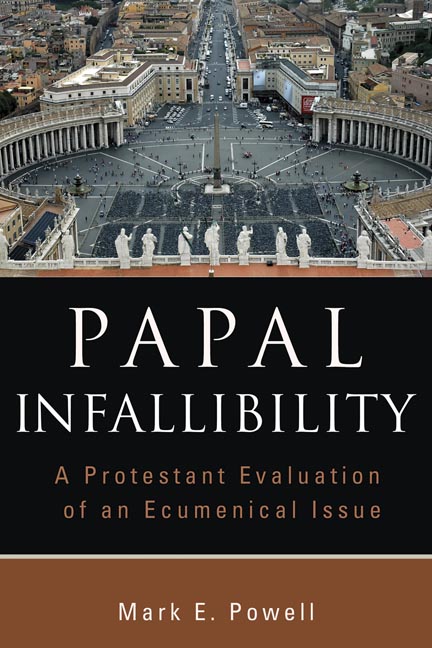
As Mormons we follow the prophet, we proclaim, lifting our right hand at many Church occasions, for ‘he shall not lead us astray’. Quite a few General Conference talks urge us to heed the words of the Lord’s anointed, to follow his counsel as the true Iron Rod for our ecclesiastical lives. ‘When the prophet speaks, the debate is over’ First Counselor N. Eldon Tanner wrote in the Church’s Ensign magazine August 1975, echoing an Improvement Era’s message of June 1945, and this message comes to us over and over again. Read More
-
•
•
9 responses

This is the third post (first, second) in a series on the New Testament. This post covers what should probably have been the first post: consideration of the seven undisputed letters of Paul, chronologically the earliest documents in the New Testament, written in the 50s. They give us the best information we have on the early Christian churches scattered around the Roman world. Oddly, Paul’s letters receive much less attention in most LDS discussion of the New Testament than the gospels. Read More


